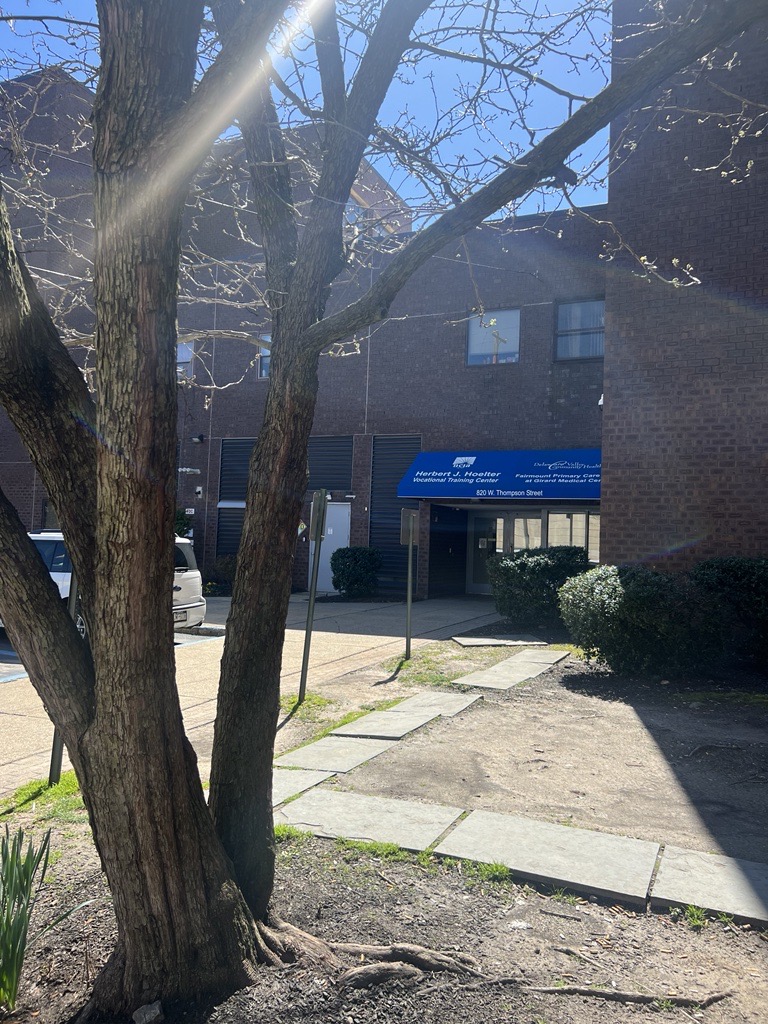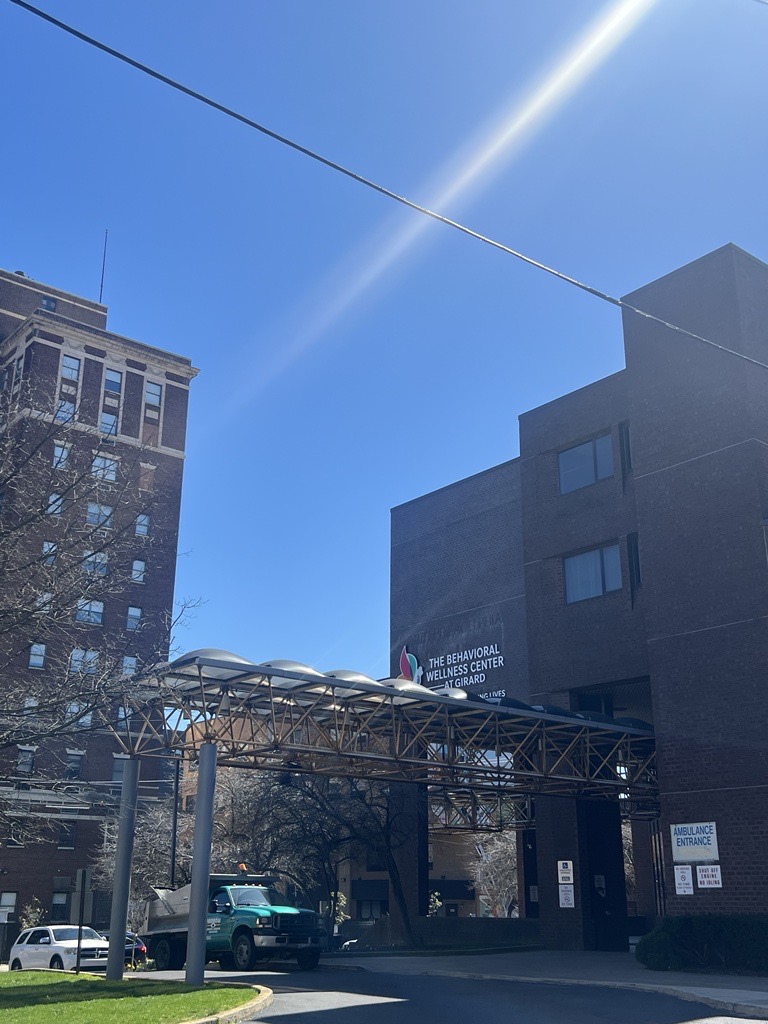A Closer Look at Substance Abuse and Legal Aid

In a society where even esteemed celebrities face ridicule for their struggles with addiction, it’s unreasonable to expect individuals from far less privileged backgrounds to receive any semblance of respect. This disparity is regarded as a global health issue. The lack of regard for those grappling with opioid use disorder is visible on many levels, from internal plight to policy making. Much of this can be attributed to the pervasive stigma surrounding addiction. The World Health Organization defines stigma as ‘a mark of shame, disgrace, or disapproval that results in an individual being rejected, discriminated against, and excluded from participating in a number of different areas of society’ (World Health Organization, 2001). This year, as a Medical/Legal advocate predominantly working with Medication Assisted Treatment (MAT) patients, I have had the opportunity to understand the impact of stigma on opioid use disorder patients.
While the concept of stigma has been touched upon in my public health classes, witnessing its tangible effects firsthand has been a stark realization. The stigma surrounding substance abuse can be grouped into three distinct levels: micro, meso, and macro. My service with Philadelphia Legal Assistance gives me a closer look at the micro and macro level. At the micro-level, stigma operates at an interpersonal and intrapersonal level, often manifesting as self-stigma. A significant example is the delay in seeking help, a challenge I frequently encounter with clients. Recently, I had a client who approached me with a pressing issue– she received a letter from a utility entity company threatening a lien against her house if she couldn’t pay a certain amount within the next day. The date on the letter was a month before. Self- stigma also prompts patients or clients to withhold vital information due to feelings of shame or fear of receiving substandard care, or in this case legal aid. On this level, it is imperative for patients to receive support from providers, behavioral health consultants, and certified recovery specialists, all found at MAT clinics. Navigating recovery requires self-forgiveness, honesty, and asking for help.

The macro level of stigma surrounding substance abuse often permeates policy decisions. There is a strong tendency to view individuals struggling with substance abuse through a lens of moral judgment rather than recognizing addiction as a complex health issue. This is visible in limited resource allocation, stigmatizing legal practice, barriers to access, and punitive policy. While many social services are already difficult to access, this barrier is only inflamed for opioid use disorder patients. Because opioid abuse can impact individuals’ ability to secure or maintain employment, most clients have limited access to financial resources. There is also a disparity in access to housing assistance and justice system navigation. This is where we come in! The Medical-Legal Partnership is an innovative model to bridge the gap between social, economic, and legal determinants of health. The partnership is an impactful collaboration for MAT patients to be able to access care and legal aid all in the same place. It is difficult for one to focus on their health goals, specifically recovering from opioid abuse, when the stress of loss of benefits (like SNAP or Medicaid), unsafe living conditions, eviction, paying for utilities, or employment is weighing on them. As a medical-legal advocate, these are just some of the issues I help patients with.
Stigma reduction on each level is difficult but not impossible. A strategy I have learned that can benefit on all levels is reinforcing de-stigmatizing language when describing opioid use disorder. Not only is this important on the policy and organizational level, but meso and micro levels with harm reduction initiatives as well. Of the most important, we have to make sure not to refer to patients as “addicts” as it is dehumanizing and reduces them to their disease. While reducing stigma on a micro level is not enough, it is an important place to begin. Through small change and success from programs like the Medical Legal Community Partnership and the expansion of MAT clinics can we begin to see progression in the realm of substance abuse.
